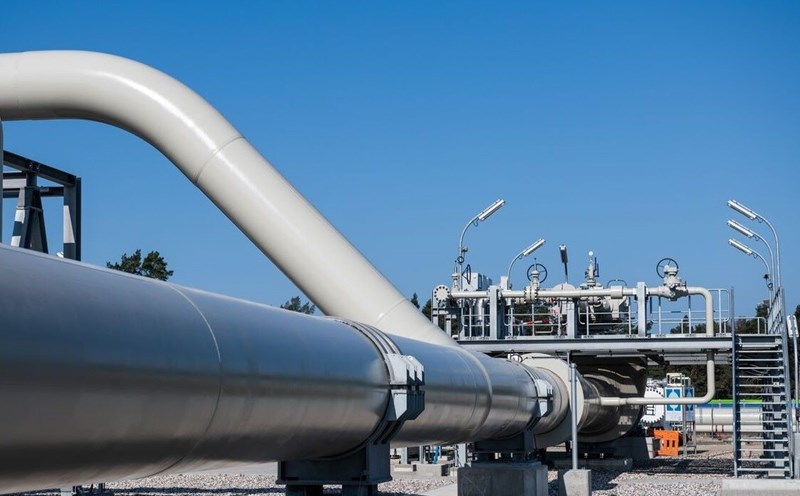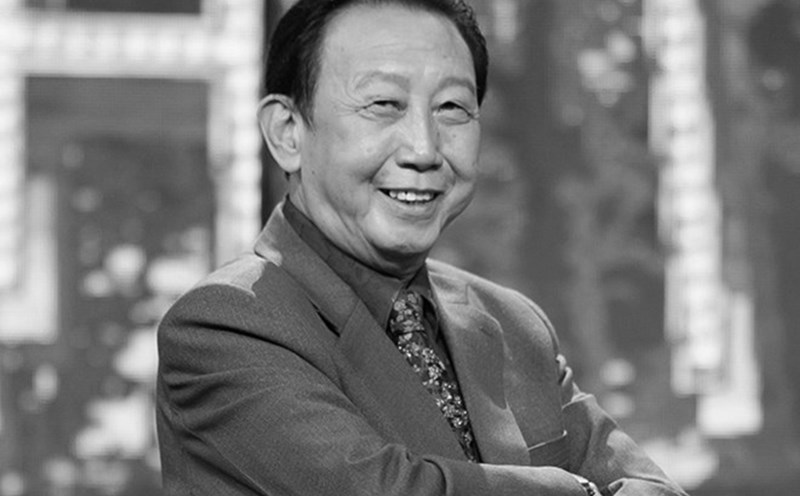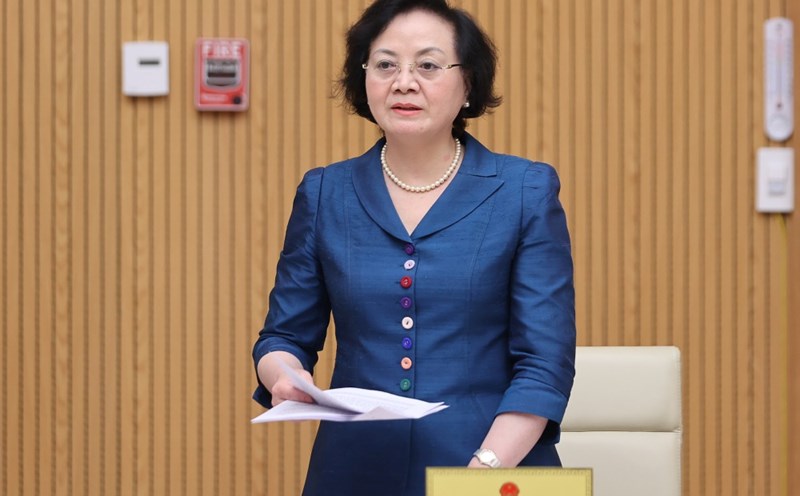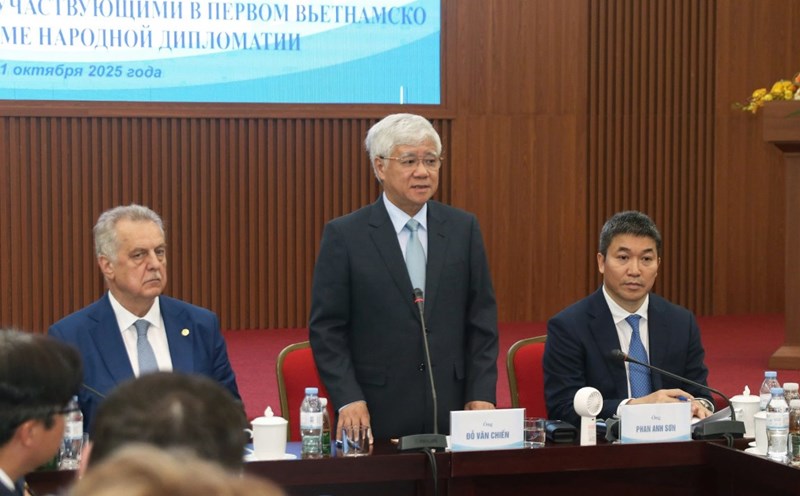A new report published by the international environmental organization Greenpeace (Green Peace) has revealed a controversial paradox: 4 European Union (EU) member states including France, Belgium, Spain and the Netherlands have spent more money on importing Russian LNG than they have provided to Ukraine during the period of 2022-2025.
According to the report published on September 30, the total amount of money these four countries paid to Russian LNG in the period from the beginning of 2022 to June 2025 amounted to 34.3 billion euros (36 billion USD). Meanwhile, total aid to Ukraine has reached just 21.2 billion euros ($22.3 billion).
Greenpeace stressed: Despite efforts to reduce dependence, EU countries continue to import fossil fuels from Russia. As gas through pipelines such as Nord Stream has stalled and other pipelines has been limited, LNG transportation by seaborne has increased sharply, helping Russia earn billions of euros.
The report also pointed out that long-term contracts of many European energy corporations such as Totalenergies, Shell, naturgy and SEFE are maintaining and even expanding the import of Russian LNG for many years to come.
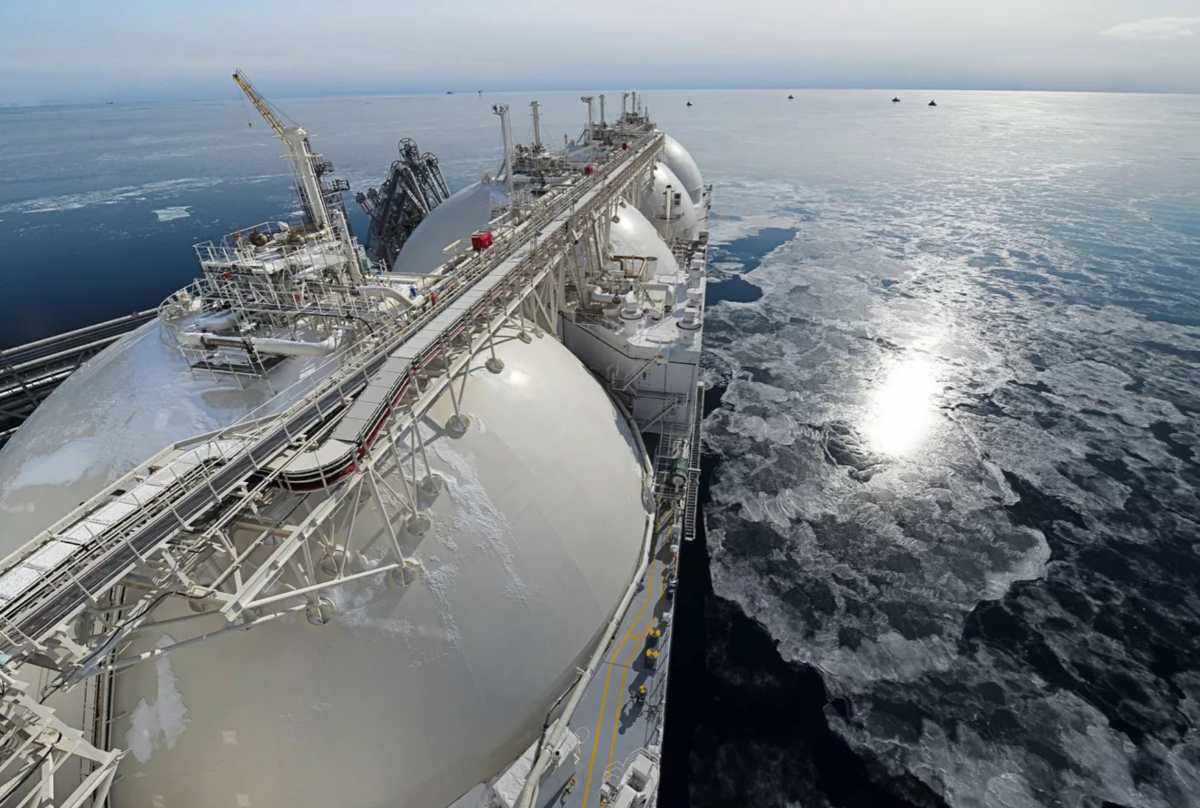
The main supply to Europe is the Yamal LNG project. In the period of 2022-2024, this enterprise will earn about 40 billion USD from LNG exports to Europe, paying the Russian budget nearly 9.5 billion USD in taxes. Greenpeace calculates that this amount is enough for Russia to produce about 9.5 million 152mm artillery shells, 271,000 Shahed drones, or 2,686 T-90M tanks.
The move has prompted many to criticize the continued spending of tens of billions of euros on Russian gas by Russia, which is accidentally giving Moscow support in its conflict with Kiev, while Ukraine - a country suffering heavy losses - has received less financial support.
In that context, the ban on Russian LNG imports into the EU is expected to officially take effect from January 2027. This is part of the 19th EU sanctions package against Russia, announced by European Commission President Ursula von der Leyen on September 19. The package also includes a comprehensive ban on transactions with Rosneft and Gazpromneft, two major Russian energy groups.
European media also reported that the EU is taking faster steps to eliminate Russian LNG, just days after US President Donald Trump called on the EU to step up measures to block Moscow's energy revenue.

